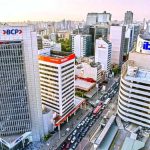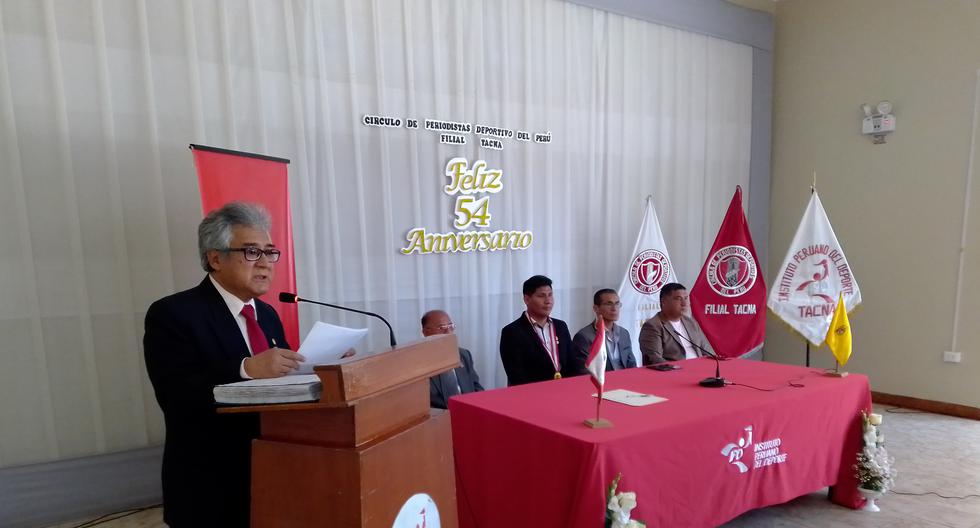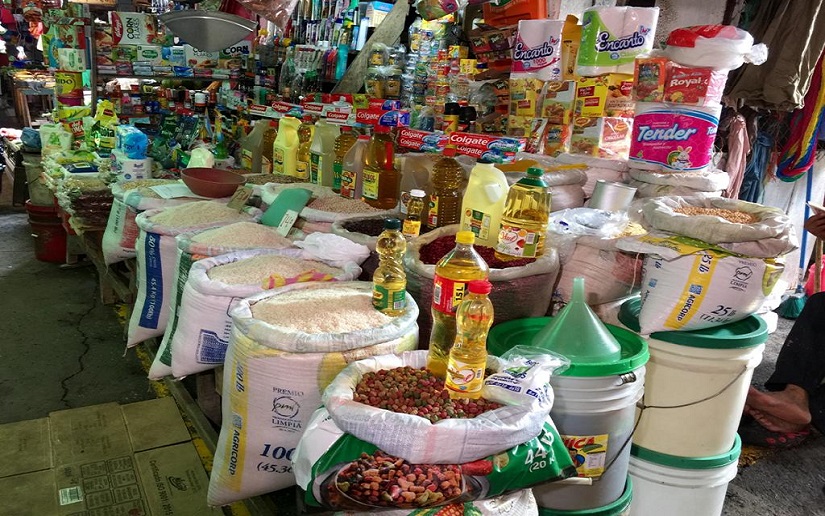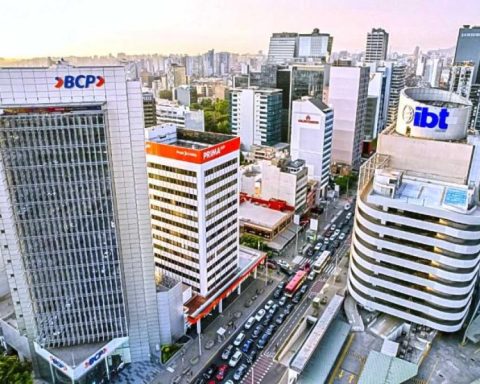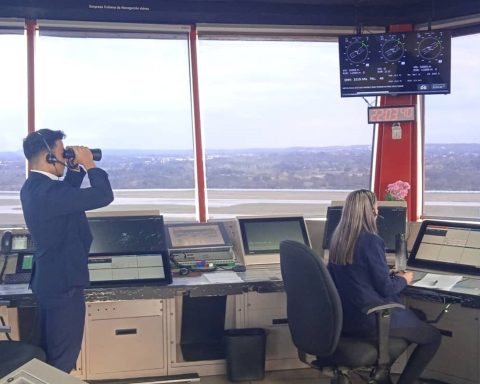The National Plan for Educational Transformation has nine fundamental pillars. Below are brief summaries of each.
Policy 1. Bilingual educational models for the various educational communities
The construction of “bilingual educational models for the various educational communities”, as an educational policy, responds to a dynamic and identity contextual historical construction that occurs in the National Educational System, as a pedagogical response, with its own identity, to the demands, opportunities and needs of the educational community in relation to the local, national and international context.
Policy 2. Teacher Professional Development
It is pedagogically essential that educators, from their socio-emotional world, their experiences, their neurocognitive constructions, their ethical integrity and their cultural capital, have direct and experiential contact, with the development of innovative, creative and democratic multidisciplinary practices and knowledge; contextualized in the cultural, community, regional and national reality of a Paraguay that dialogues and systematically interacts with a world in transformation.
Policy 3. Pedagogical appropriation of science and technology in the educational field
The science and technology of everyday life show that advancing in these areas means having a relevant tool and skills for the development of a country. Although, it is also clear that an anthropological, social, cultural and ethical approach to science and technology is needed so that the adjective “human” can be applied to the development generated by these media, in a society like Paraguay and, specifically, in the National Educational System.
Policy 4. Strengthening of Technical Education and Vocational Training
Current research and collaborative processes between the productive, labor and educational systems sectors reveal that technical-professional modalities, in terms of pedagogical space and time, must be redesigned based on the demands of a productive world that drives the development of new ways of linking, of feeling, communicating, knowing, of understanding reality and, above all, of democratic coexistence.
Policy 5. Educational management focused on learning
This approach, with its own identity, is based on the principle that the meaning of educational management lies in the protagonism of the person of the student, the teacher, the director and the parents, as human beings in constant growth, who learn to manage processes personal and community, from the relationship with oneself, with others and with the world
Policy 6. Structural and material conditions relevant to learning
Both before and during and after the Covid-19 Pandemic, the communities, institutions and different instances of the MEC carry out their educational work in spaces and structural and material conditions that require the pertinent, sustained and efficient provision of resources and pedagogical, technological, infrastructure and compensatory means that adapt to the current demands of the National Educational System.
Policy 7. Evaluation and educational research for continuous improvement
Research, access to technology and evaluation are considered to be a benefit for Paraguayans, since they enable citizens, without discrimination, to access not only information or data arising from reality, but also , produce knowledge, innovate and develop one’s own emotional, cognitive and spiritual potential, generating comprehensive growth, both on a personal and social level.
Policy 8. Sustainable educational financing
This constitutional and normative approach to financing that links resources with the quality of education and the population served, has its origin in the understanding of the financing of education as an area in which a budgetary tool must be generated that is consistent with the demands of the educational context, the opportunities for growth and social innovation, guaranteeing that the social benefit of each level and modality is visible.
Policy 9. Strengthening of Educational Communities: Society, Family and Education
The reading of the constitutional and normative bases of the Paraguayan education, allows us to understand that, in the Educational Community, implicitly, there is a meeting between society, family and the State. Since it is where the efforts of parents, students, teachers, directors and state officials are integrated to carry out educational policies and comprehensive training processes.






